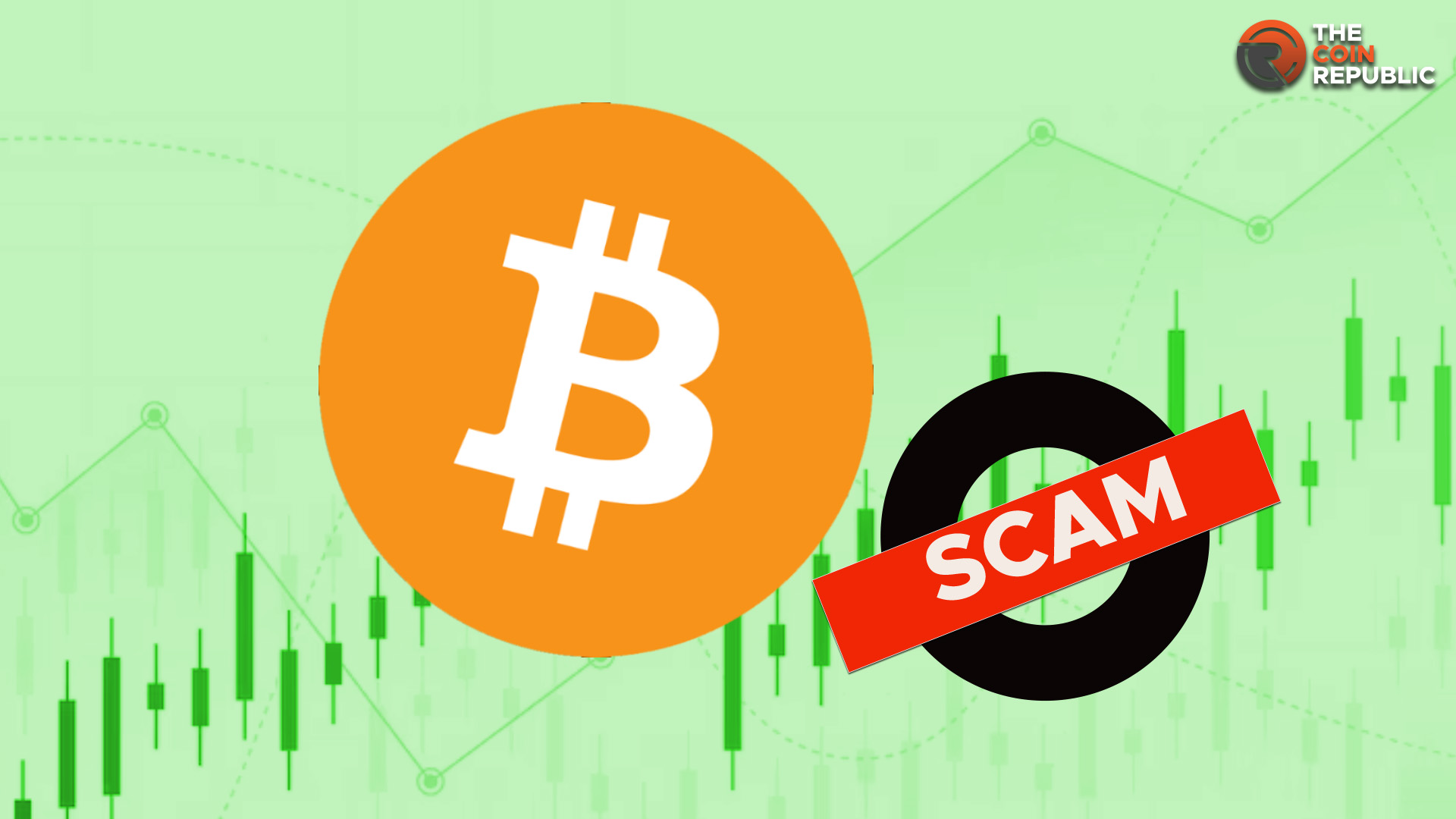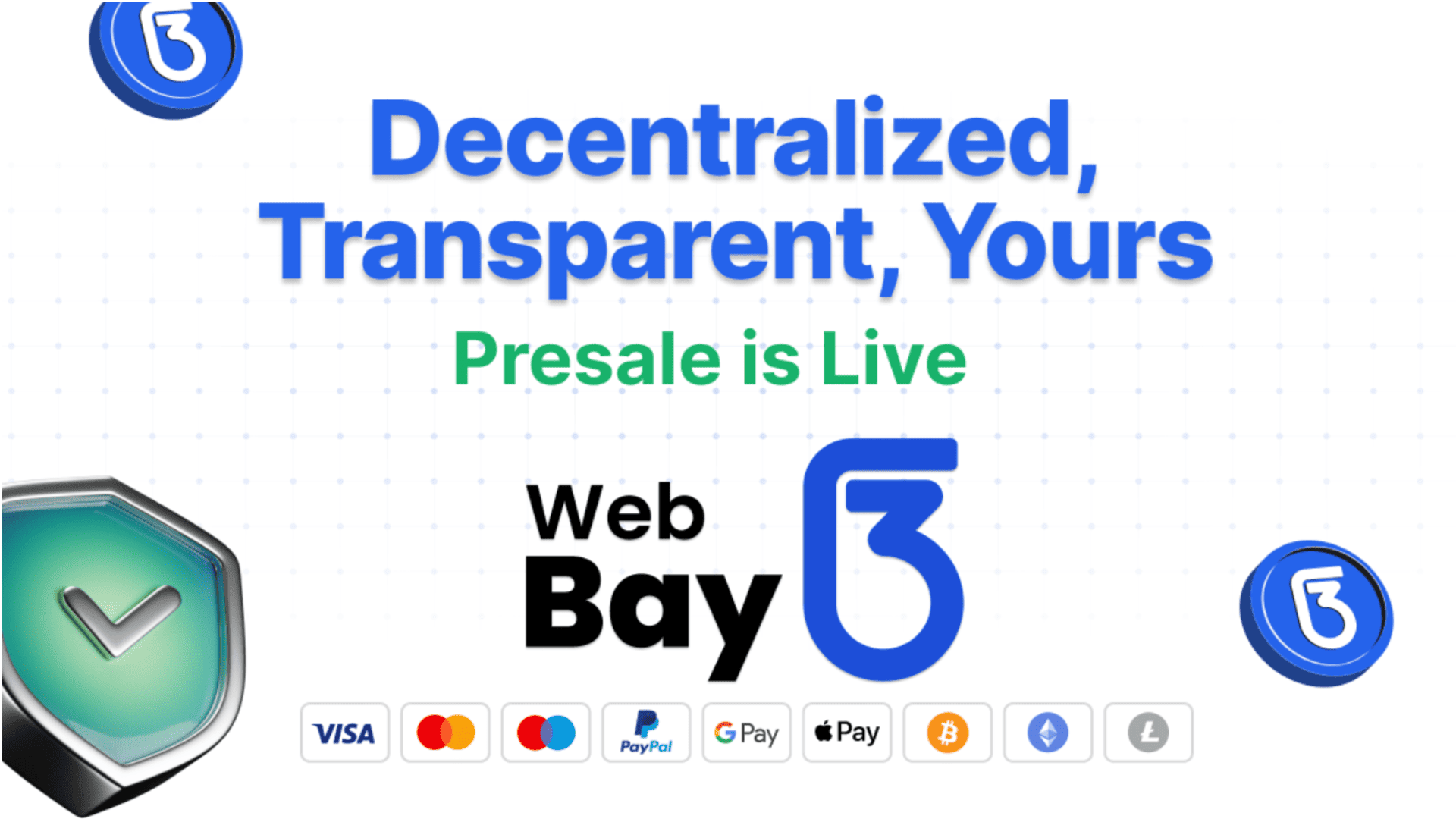Crypto Scams are like any other scams but in this, money is not involved instead digital currencies are. As the market and trend of using cryptocurrencies are occupying the market so does the increase in crypto scams. There are many types of crypto scams, some common are described below in the article along with the ways to stay safe from them.
Alert Yourself with Crypto Scams Categories
Cryptocurrency Scams include various categories some popular ones are romance scams, imposter and give away scams, blackmail and extortion scams, investment and business opportunity scams. Nowadays new crypto based opportunities, rug pulls and crypto mining scams are also on hike.
In all the above scams the motive is to obtain the target’s digital wallet access or fishing personal information by gaining confidence. Later on, the imposter uses this information for blackmailing and other malicious acts.
Romance scams highlight the use of dating sites to unsuspected target the persona by forming emotional connect. They cultivate trust between each other. Moving further the lucrative talks turn to cryptocurrency opportunities and even the transfer of digital assets. According to reports from the Federal Trade Commission (FTC) about 20% of cryptocurrency scams are through dating sites.
Imposter and giveaway scams involve a person imposing himself as a celebrity or any influential personality. Sometimes, they act as if they are from cryptocurrency exchange. And, they guarantee others for doubling their digital currency. Also, they send, give away mails and messages. The messages are so well crafted that it looks like it has been delivered from well established existing social media accounts. It gives a sense of validity and thus increases trustability. They mostly quote it as a once-in-a-lifetime opportunity. This leads people to transfer money.
In a blackmail scam, the scammer sends blackmail messages and emails. The mail usually claims that they have records of adult websites or pages visited by the user. They threaten to expose by sharing the information. And with this they further demand access to private cryptocurrency keys or transfer of cryptocurrency.
Other ways include Investment or Business Opportunity Scams where profit seeking visitors turn to misleading websites offering lucrative returns. This ultimately results in fraud.
New Crypto Based Opportunities like initial coin offerings (ICOs) and non-fungible tokens (NFTs) have raised more chances of scamming. They mislead users about their products by false advertising and even distribute unregulated tokens.
Rug pulls on the other hand encourages people to fund and raise capital for the project. They suddenly disappear, removing liquidity. Thus investors are losing money.
Cloud mining in the same way encourages investors to put money to secure streams of mining and collect rewards. They basically do not own the hash rate but say they do.
Where there is a scam there is definitely a way to spot that scam. Anyone can safely procure their digital currency. The very first way is to read the white paper thoroughly. It definitely includes the protocols, formulas, and explains how the entire network will function. Fake cryptocurrency usually do not publish these. Their white papers are poorly written.
Identify the team members behind the cryptocurrency. There may be chances that the crypto project might not have named developers. Most of the coding, comments, and discussions can be viewed on GitHub or GitLab. Some projects also use Discord for discussion.
Keep an eye out if there is a free coin promise into your wallet. Pay attention to the marketing style. Generally the valid crypto do not post as the next best crypto on social media. They do not market the coin. Instead they outline the purpose.
Hence, by staying alert cryptocurrency scams can be avoided. Always ignore the requests to share the private keys, never give attention to lucrative messages offering multiple returns. Ignore celebrities’ requests because a celebrity will never ask for crypto currency or access to digital assets.
Do remember to report the fraudsters and fraud to FTC, FBI Internet Crime Complaint Center, and U.S Securities And Exchange Commission.
Credit: Source link











%20(1).png)



































